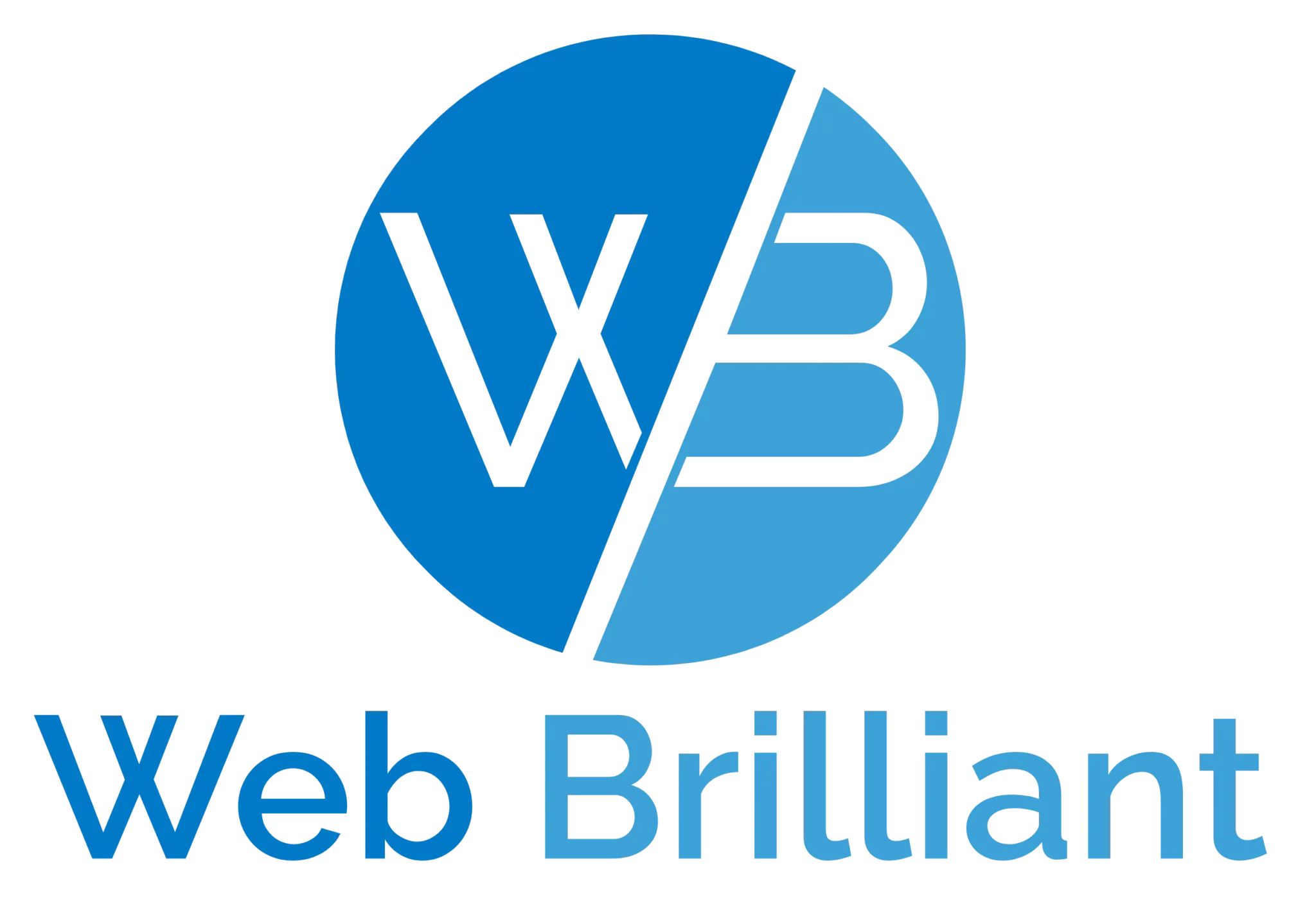Digital marketing is a continually evolving field, full of complex terminology and concepts that can sometimes feel overwhelming, particularly for those new to the industry. Understanding these key terms and the strategies they are associated with is essential for making educated decisions about your marketing efforts and keeping up with current trends.
At Web Brilliant, LLC, we recognize the need for a clear and concise resource to help you navigate the world of digital marketing with confidence. That’s why we’ve compiled this informative piece, which aims to demystify key terminology and provide a foundational understanding of crucial digital marketing concepts. By familiarizing yourself with terms like SEO, PPC, content marketing, and more, you’ll be better equipped to engage with industry professionals, make strategic marketing decisions, and optimize your online presence. Let Web Brilliant, LLC guide you through this digital marketing dictionary, designed to open doors to new opportunities for your business.
1. Search Engine Optimization (SEO)
SEO is the practice of improving a website’s visibility and ranking on search engine results pages (SERPs) through various techniques, including keyword research, content optimization, and link building. The goal is to increase organic (non-paid) traffic to your website, making it more accessible to users searching for relevant products or services. There are two primary components to SEO:
- On-page SEO: Refers to strategies applied directly to your website, such as optimizing title tags, meta descriptions, headings, and keyword usage within content.
- Off-page SEO: Involves promoting your website externally through backlinks from reputable sources, social media activity, and other marketing efforts.
2. Pay-Per-Click (PPC) Advertising
PPC is a digital advertising model where advertisers pay a fee each time their ad is clicked by a user. By leveraging platforms like Google Ads and Bing Ads, businesses can showcase their ads prominently on SERPs, generating immediate visibility and potentially driving more traffic. Key elements of successful PPC campaigns include the following:
- Keyword Selection: Thorough research to identify relevant and high-performing keywords for your ads.
- Ad Copy: Writing compelling, engaging ad copy that entices users to click while also adhering to platform guidelines.
- Landing Pages: Designing and optimizing landing pages to maintain consistency between ads and website content, ensuring a seamless user experience.
3. Content Marketing
Content marketing is the process of developing valuable, informative or entertaining content tailored to your target audience, with the goal of attracting new customers, maintaining existing relationships, and establishing your brand as an authority in your industry. Some popular content formats include the following:
- Blog Posts: Informative articles providing solutions to common problems or offering expert insights into industry trends.
- Infographics: Visually engaging graphics that present complex information in an easy-to-understand format.
- Videos: Multimedia content, such as tutorials, interviews, or explainer videos, which can be hosted on platforms like YouTube or Vimeo.
4. Social Media Marketing
Social media marketing involves leveraging popular platforms like Facebook, Instagram, Twitter, and LinkedIn to promote your brand, engage with your audience, and increase website traffic. Effective social media marketing strategies include the following:
- Consistent Posting: Sharing regular updates and fresh content to maintain your followers’ interest and keep your brand top-of-mind.
- Audience Engagement: Promptly responding to comments, likes, and shares, as well as initiating conversations with your followers to foster a sense of community.
- Platform Optimization: Tailoring your content and posting strategies to each platform’s specific strengths and user preferences.
5. Conversion Rate Optimization (CRO)
CRO refers to the process of optimizing your website and marketing efforts to encourage users to perform desired actions, such as making a purchase, subscribing to a newsletter, or downloading an e-book. CRO strategies often involve the following:
- Design Elements: Implementing responsive, user-friendly web design and clear calls-to-action (CTAs) to encourage user engagement.
- User Experience (UX): Streamlining navigation, reducing page load times, and improving overall website functionality to make it easier for users to complete their desired actions.
- A/B Testing: Comparing two variants of a specific element (e.g., CTA buttons, headlines, or images) to determine which version performs better, informing future optimizations.
6. Google Analytics
Google Analytics is a powerful, free web analytics service that enables website owners to track user behavior, monitor website traffic, and collect valuable insights to inform future marketing strategies. Key Google Analytics metrics to monitor include the following:
- Users: The number of unique visitors to your website during a specific time frame.
- Pageviews: The total number of pages viewed on your site.
- Bounce Rate: The percentage of users who visit only one page on your site before leaving.
- Traffic Sources: The various channels driving users to your website, such as organic search, referral, or social media.
7. Email Marketing
Email marketing is a cost-effective digital marketing strategy that involves sending targeted, personalized emails to subscribers in order to nurture relationships, promote products or services, and drive customer engagement. Successful email marketing practices include the following:
- List Segmentation: Dividing your subscriber list into groups based on specific criteria, such as customer interests or purchase history, to better tailor your email content.
- Subject Lines: Crafting compelling subject lines that entice recipients to open your emails.
- Responsive Design: Ensuring your emails display properly on various screen sizes, particularly mobile devices.
Empower Your Marketing Efforts with Web Brilliant, LLC’s Expertise
At Web Brilliant, LLC, we appreciate the importance of empowering our clients with knowledge. We apply our industry expertise to help you navigate the ever-evolving digital marketing landscape with confidence and clarity. Equipping yourself with a strong understanding of essential digital marketing terminology is the foundation upon which successful marketing strategies are built. By having a clear grasp of concepts like SEO, PPC, content marketing, social media marketing, conversion rate optimization, Google Analytics, and email marketing, you’ll be primed to make informed decisions that elevate your brand, drive traffic, and ultimately lead to growth.
Leverage the expertise of Web Brilliant, LLC, a premier local digital marketing company, for your online marketing initiatives. With a dedicated team, they can help you implement effective strategies and collaborate with you to ensure your unique business goals are consistently met.
Ready to up your digital marketing game? Reach out to Web Brilliant, LLC today and let our team of experts guide you through the process, help sharpen your understanding of key concepts, and develop tailored marketing solutions for your brand’s success.




























